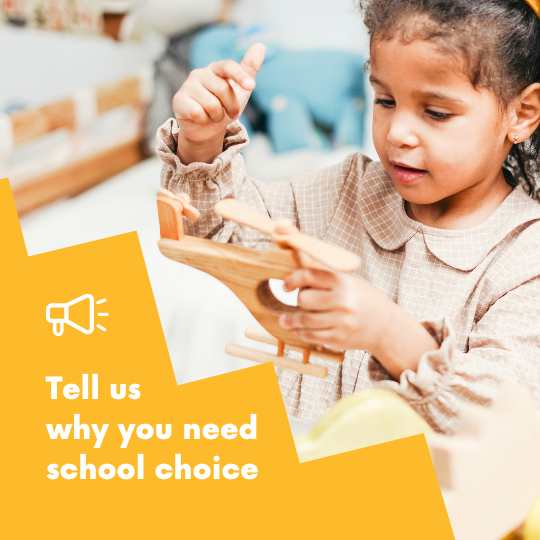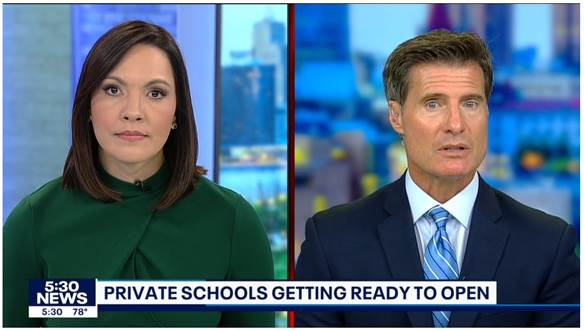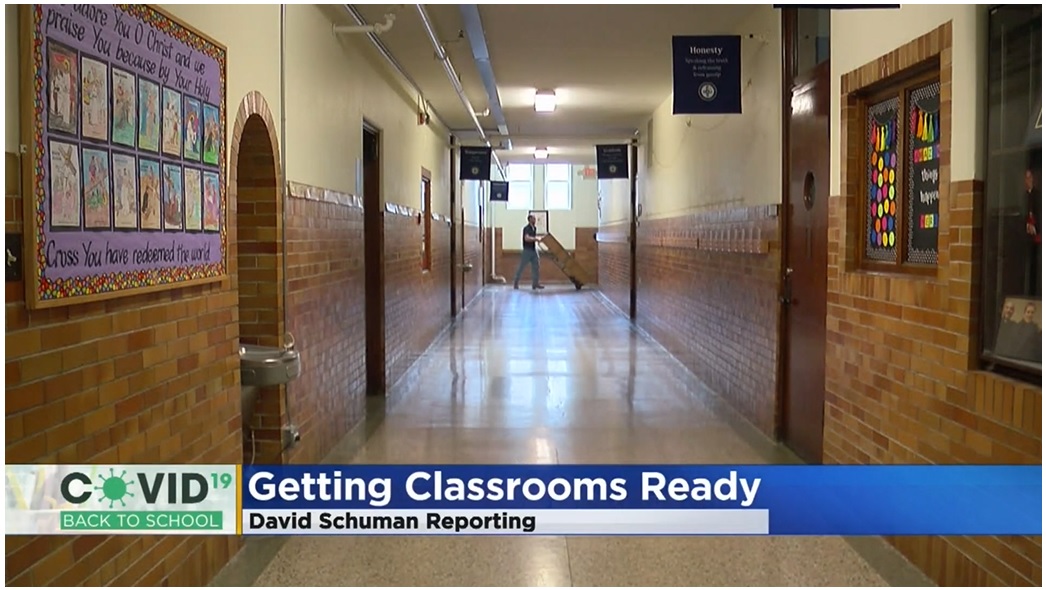The U.S. Supreme Court recently ruled in Mahmoud v. Taylor that parents have the right to opt their children out of reading lessons that violate their religious beliefs. While the decision was correct — “public schools should not be able to impose values on children contrary to their parents’ religious beliefs” — “opt-outs are not sufficient to solve the problem,” argues Neal McCluskey with the Cato Institute.
For those not familiar with the Mahmoud case, a Maryland public school district was found in violation of the First Amendment’s Free Exercise Clause by refusing to let parents opt their elementary children out of reading lessons that included “LGBTQ+-inclusive” curriculum. Parents with different religious objections, including Muslims, Jews, and Orthodox Christians, brought the suit after the Maryland school district initially allowed parents to opt-out of the LGBTQ+ books and instruction but then withdrew that option, citing administrable concerns.
The High Court majority established that the district was “trying to impose values on students, not simply expose them to the reality of a diverse world,” explains McCluskey. “That said, the majority wrote that even if the intent was just exposure, it would not be sufficient justification to violate parents’ religious free exercise. On the flip side, the dissent is right that it is at least theoretically possible that if parents start to demand to opt their children out of anything they dislike, running a public school will become very difficult, requiring teachers to create numerous alternative lessons.”
How, then, does a public school provide full equality for all groups?
“As long as there is public funding of education, the only full answer to the question of how to educate everyone in a diverse society without government bias is to attach funding in some way to students — through vouchers, tax credits, education savings accounts — and let all families choose the education they think is best,” explains McCluskey.
Choice programs allow families to access the learning environment that aligns with their values and principles. Parents value different aspects of education, and few schools can excel at all them. Perhaps small classes are essential, or perhaps parents prefer project-based learning, or a school that uses a Montessori philosophy, or maybe extracurriculars are important. School choice “allows anyone to choose education consistent with their values, whatever those might be. That is most consistent with freedom and equality under the law,” continues McCluskey.
The U.S. Supreme Court — and Minnesota law — gives parents the right to opt-out of instructional materials because the “the government cannot impose values on children at odds with their parents’ religious beliefs,” points out McCluskey. “That is good, but not enough.”












![[downloaded during free trial]](https://oakmn.org/wp-content/uploads/2025/11/iStock-1430368205-120x86.jpg)
